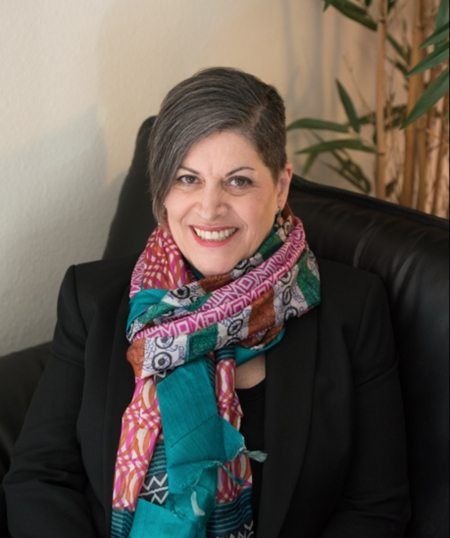Sexuality and Aging
The fact is that many of today’s older adults grew up in an age that emphasized sexual expression, and most want and expect to stay sexually active. The emphasis on the effects aging has on sexuality tends to be focused on men maintaining their erections, which can be misleading about what really happens to people’s sex lives as they get older.
How long a person stays sexually active is dependent on a variety of factors, including culture.
In a study of aging Chinese men and women, traditional views of sexuality
prevailed, with an emphasis on penis-vagina intercourse and sex being something
a woman provides to her partner.
This and similar cultural views of heterosexual couples also reflect traditional beliefs that women stop thinking about or desiring sex after menopause, leading to engagement in extramarital relationships.
In American culture, anecdotally, it isn’t unusual to have a couple request sex therapy because the male partner has engaged in sex with sex workers lest he bothers his post-menopausal wife.
Something that contributes to couples finding themselves in a sexless relationship is the “ick” factor.
Many people, including older adults themselves, think that sex between two adults is gross or even disgusting. I remember teaching a graduate school course in sexuality when a student shared that she had found a vibrator in her grandmother’s drawer after she died. While the student thought it was cool, there was an audible, “Ew!” from her classmates. Older people interested in sex are sometimes portrayed in the media as a “dirty old man” or a predatory “cougar” - stereotypes that aren’t flattering.
Gay cisgender men also complain that they are seen as less attractive in their communities, making finding a partner difficult.
Another contributing factor is how open people are to step outside the boundaries of penis-vagina sex.
One study found that couples who are more experimental and willing to try other ways of experiencing pleasure are more likely to stay sexually active as they age. That’s a good thing because another study suggests that adults aged 65-75 who are partnered, sexually active, and satisfied with their sex lives enjoy better sexual self-esteem and have a more positive attitude toward aging. Those who stick with their same old script in the face of age-related functional decline or chronic illness don’t fare as well.
Sexuality therapists and counselors can do a lot to help older adults stay sexually active, given they know how.
That is why world-renowned expert Dr. Barry McCarthy will be presenting a live synchronous course for us on November 13, 2021, “The Keys to Couples Sexuality after 60.”
Not only will you learn more about helping adults as they age - or even what to expect as you age - but you can earn AASECT credit, plus The Buehler Institute is approved to provide APA, NBCC, and CA BRN credit hours too!
Click here to learn more and enroll in “The Keys to Couples Sexuality after 60”.
 sing Sexual Issues”.
sing Sexual Issues”. We never sell your information, promise.
